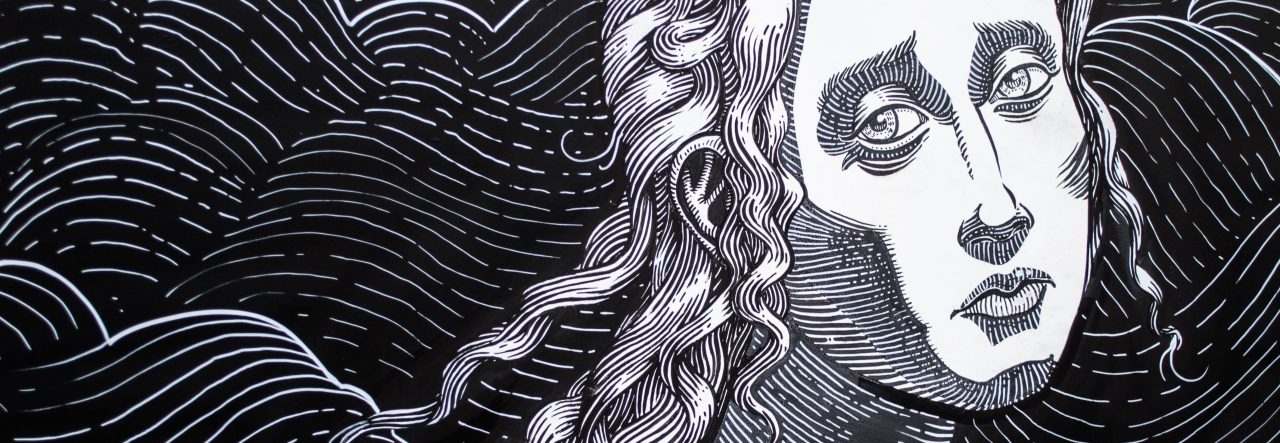I little something about me – I am Peranakan. (Penang Peranakan, to be specific. I’ll explain why the distinction is important below.)
Peranakans or “Straits Chinese”, were people from China who moved to (then) Malaya hundreds of years ago. I know that my ancestors have been in Malaysia for more than a century, most probably 150+ years.
Our culture is a blend of Chinese and Malay. For example, both my grandmas used to dress like the ladies in the video below.
And yes, my paternal grandma used to carry that handkerchief everywhere. At home, she would just wear a sarong and tuck that handkerchief near her bosom ☺
I wish my generation carried on the traditions. Heck, I cant even cook our famed Nyonya dishes! I feel like I should at least get a baju kebaya (though I doubt I would look as elegant).

There are Peranakans in Singapore, Penang and Malacca — we share similar traits but are different.
My friend who is Malacca Nyonya says that Penang Nyonya food is sweeter. I mean I wouldn’t have a clue but I take her word for it. Also, the Penang ones speak a form of creole Hokkien dialect, which means we confuse our Southern Hokkien cousins. (We use words they don’t, and often our idioms are translations of Malay idioms. We also mix English words into our Hokkien.) The Malacca ones don’t speak Chinese at all but only Malay.
Here’s a great documentary about Penang Peranakans. Often, documentaries about Peranakans (also called Baba Nynoyas) are on the Malaccan variety. So, it’s refreshing to find one about my people for once.
This documentary was eye opening. I didn’t realise how many things my family did had to do with our Penang Peranakan heritage. For example, I’ve always wondered why my paternal “a cho” (great grandmother) is talked about like she’s the clan head. That’s because she was. It surprised me to learn that Peranakans have a matriarchical society, yet my experience with my great grandmother proved that. (I hear very little about great grandpa, for one!)
I also laughed out loud when the narrator said that Penang Peranakans don’t use chopsticks but forks and spoons. My dad was mad about our table manners; I grew up with decidedly Anglophile table manners, using cutlery when eating prawns when most Malaysians were diving in with their hands. I was always a little embarrassed at my awkwardness when eating KFC with my hands. My dad would scold us kids for doing that and hand us cutlery, so I grew up being a dainty little princess at the dinner table.
Curiously, my grandmother, my dad’s mother, ate with her hands too. I think at the dining table, most were expected to have good table manners but if you’re eating informally, that’s different.
Now that you have seen the Penang Peranakans, here are the Malaccan Peranakans.
Notice that they speak Malay, while the Penang Peranakans in the documentary spoke Hokkien.
Like I said, I have Malaccan Peranakan friends, and their culture is definitely different from ours. Same, yet different. For one, they arrived at Malaya way earlier than us Penang Peranakans, so their culture definitely mirrors Malay customs more, down to their speech.
When I visited the Penang Peranakan museum, the tour guide said that the Penang Peranakans of a century ago fancied themselves aristocrats and would look down at the more recent Chinese migrants. They are often wealthier too. I think back on my family’s history and have to agree — both my maternal and paternal sides come from wealthy families (no longer, though). Also, the snooty, “we are different and better” attitude is there. Let’s just say that my family prided themselves for being English-educated from schools established by Christian missionaries (ordinary schools won’t do) and looked at Chinese educated Chinese as “other”. Marriage with non-Peranakans were even considered a sorry thing!
These days, it’s not the case anymore as more Peranakans are have assimilated with the larger Chinese population and are indistinguishable from every other Chinese. Many don’t even speak the unique Northern version of Hokkien that is found only in Malaysia.
That’s rather sad really, that I’m losing such a big part of my heritage.

Thanks for this. I knew nothing about any of this and my knowledge of Malaysia is really limited and this was really interesting.
LikeLike
I think you will have such a great time in Malaysia if you do visit. If you visit East Malaysia, you will find an even wider variety of cultures, some of which included head hunters!
LikeLiked by 1 person
This is very interesting, especially the part where you learned of the matriarchal society (something that isn’t taught as an actual thing that exists).
LikeLike
It is rather odd as in a way, it is *still* patriarchical, but because women holds such sway over the household they are literally the bosses that no one dares to cross 😅
LikeLike
😂😂😂
LikeLike
Pingback: Cheng Beng in Penang – Elizabeth Tai
Elias Mårtenson: mentioned this in @liztai Thanks. My post wasn’t very clear. I didn’t see the other posts in the thread when I asked the question. Judging by the outfits of the people in the photo, it did look Peranakan, and later in the thread that was confirmed.
I’m somewhat familiar with Peranakan in the Singa…. via functional.cafe
LikeLike
Elizabeth Tai :verified:: mentioned this in @loke Yeah the Peranakans of Malacca, Penang and Singapore differ in subtle ways. I’m the least fammiliar with the Singaporean ones.. via hachyderm.io
LikeLike
Elias Mårtenson: mentioned this in @liztai The Singapore peranakan museum is a beautiful building and was definitely a worthy visit last I went there. Have you visited it?. via functional.cafe
LikeLike
Pingback: Hello from a banana – Elizabeth Tai